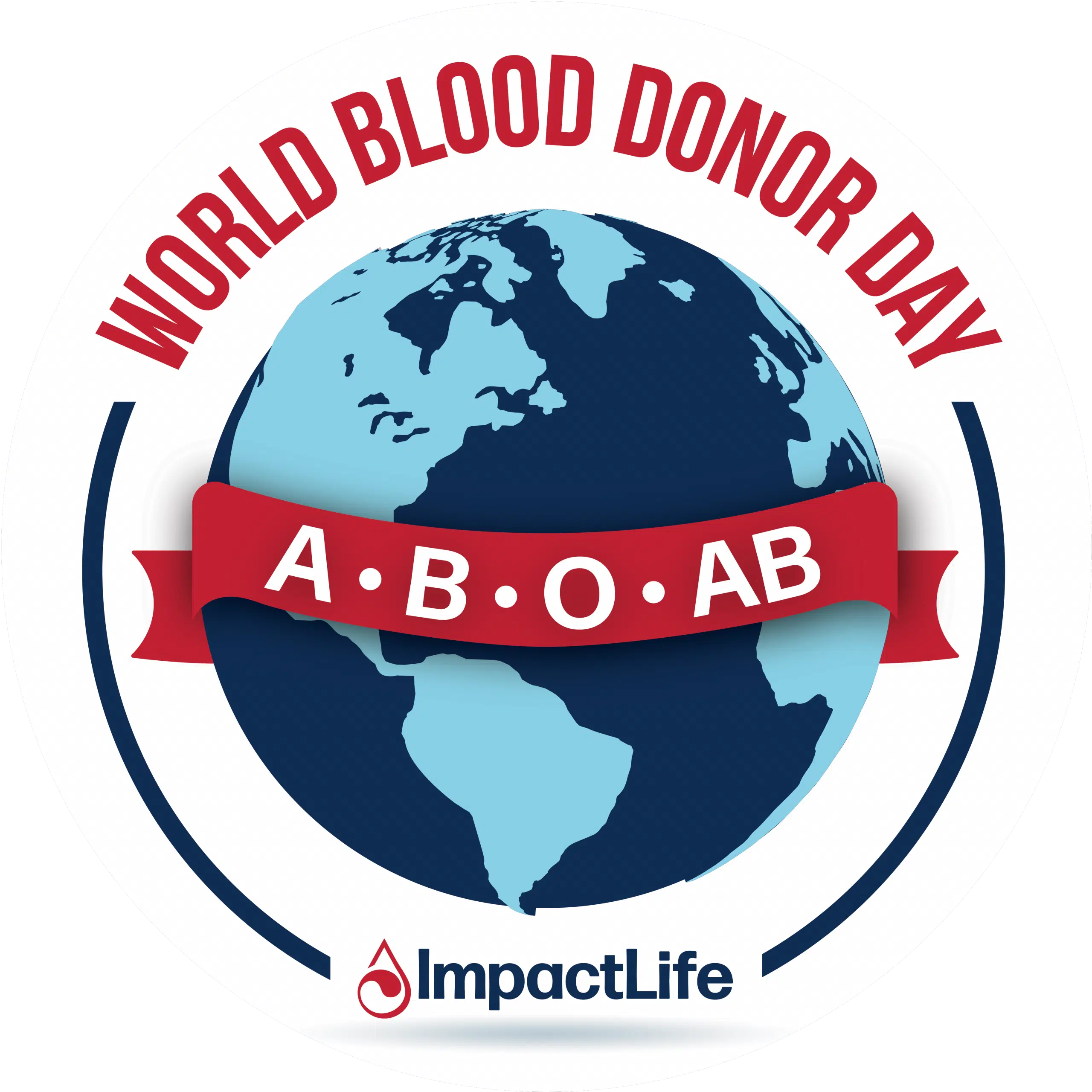
 Effingham, IL-(Effingham Radio)- Decrease in rate of blood donation in first weeks of summer is cause for concern; urgent need for all types
Effingham, IL-(Effingham Radio)- Decrease in rate of blood donation in first weeks of summer is cause for concern; urgent need for all types
Facing an urgent need for additional donors, ImpactLife asks all eligible and potential donors to schedule appointments to give blood during the week of World Blood Donor Day (Tues., June 14). ImpactLife is responding to a decrease in the rate of blood donation during the first weeks of summer that means our region’s blood supply is now approaching critical levels. To schedule, call ImpactLife at (800) 747-5401, visit www.bloodcenter.org, or download the ImpactLife mobile app at www.bloodcenter.org/app.
The nine hospitals in HSHS Illinois Division and other health care entities second ImpactLife’s call to action to help encourage more blood donation.
Erica Hostetler, director of the laboratory and blood bank at HSHS St. John’s Hospital in Springfield, comments on the many ways in which blood donations help save lives. “Blood products, used every day in our facilities, allow life to carry on,” says Hostetler. “We care for NICU babies who receive only 5 mL (a teaspoon) of blood, and trauma survivors that receive multiple blood products. Oncology patients receive platelets to help prevent bleeding and bruising, and surgical patients have units of blood on standby. We have high-risk moms that may need blood products if hemorrhage occurs, and sickle cell patients who go through regular transfusions to prevent complications from the disease. Having an adequate supply of blood donations is critical to keeping our loved ones alive.” (Erica Hostetler, administrative laboratory director, HSHS St. John’s Hospital in Springfield, Illinois)
“Without having blood, plasma and platelets available, many lives could be unnecessarily lost. Hospitals like HSHS St. Anthony’s Memorial Hospital and others provide blood to patients to address a multitude of health issues. Acute blood loss can happen for any number of injuries or accidents – small or big – like accidentally cutting yourself with a knife during meal preparation to having a car accident. We provide blood and platelets to patients who are undergoing chemotherapy to give them more strength to fight their disease. Mothers who develop severe complications during child birth can have their lives saved by receiving blood.
“I have worked in laboratory services for over 35 years, and have seen lives saved by having blood and blood products available numerous times. It is why I donate regularly and encourage others to donate as well. For just a little commitment of your time, you are saving the lives of your family, friends and neighbors.” — Sue Faber, MBA MLS (ASCP), laboratory manager, HSHS St. Anthony’s Memorial Hospital.
Dr. Louis Katz, Chief Medical Officer for ImpactLife, says patients receive blood transfusions in settings that range from the NICU to oncology, surgery, trauma, and obstetrics. “Blood products given by volunteer donors help save lives at hospitals every day across our region,” said Katz. “We need donors every day to support not just routine blood needs, but for emergencies. Donated blood requires up to 4 days to process, so giving today will fill the shelves at your hospital for both regular use and unforeseen emergencies.”
World Blood Donor Day is Tuesday, June 14; Opportunities to engage on social media
Observed annually on June 14, World Blood Donor Day serves to raise awareness of the need for safe blood and blood products and to thank volunteer donors for their lifesaving gifts of blood. Those who support the blood center’s mission can help with outreach and engagement by sharing ImpactLife content on social media. Options include graphics for each blood type, the World Blood Donor Day image, and Snapchat filters in place at each of the ImpactLife Donor Centers. Supporters are also invited to share a photo of themselves giving blood, using #WorldBloodDonorDay + #WBDD22 and tagging @impactlifeblood. For more information and links to graphics, see www.bloodcenter.org/WBDD.
The June 14 date commemorates the birth of Dr. Karl Landsteiner, born June 14, 1868 in Vienna, Austria. Landsteiner’s research identified the main blood groups: type A, type B, type AB and type O, as well as the Rh-factor in blood.
To thank those who schedule appointments at this critical time of year, ImpactLife will provide all presenting donors through July 10 with a voucher redeemable for the donor’s choice of a gift card or 500 bonus points to use in the ImpactLife Donor Rewards Store. (Gift card options include Amazon, The Home Depot, Lowe’s, Target, Subway, Starbucks, and Walmart.) Learn more at www.bloodcenter.org/
About ImpactLife
ImpactLife is a not-for-profit community organization providing blood services to 124 hospitals in Illinois, Iowa, Missouri, and Wisconsin, as well as resource sharing partners across the country. Services extend from southcentral Wisconsin to St. Louis, Missouri and from Danville, Illinois to Chariton, Iowa. (See a map of the ImpactLife service region.) ImpactLife operates 22 Donor Centers and holds approximately 5000 mobile blood drives annually to provide blood components needed for patient transfusions at hospitals throughout our region.
For more information, see www.bloodcenter.org and find us @impactlifeblood on Facebook, Instagram, LinkedIn, TikTok, Twitter, Snapchat, and YouTube.








Comments